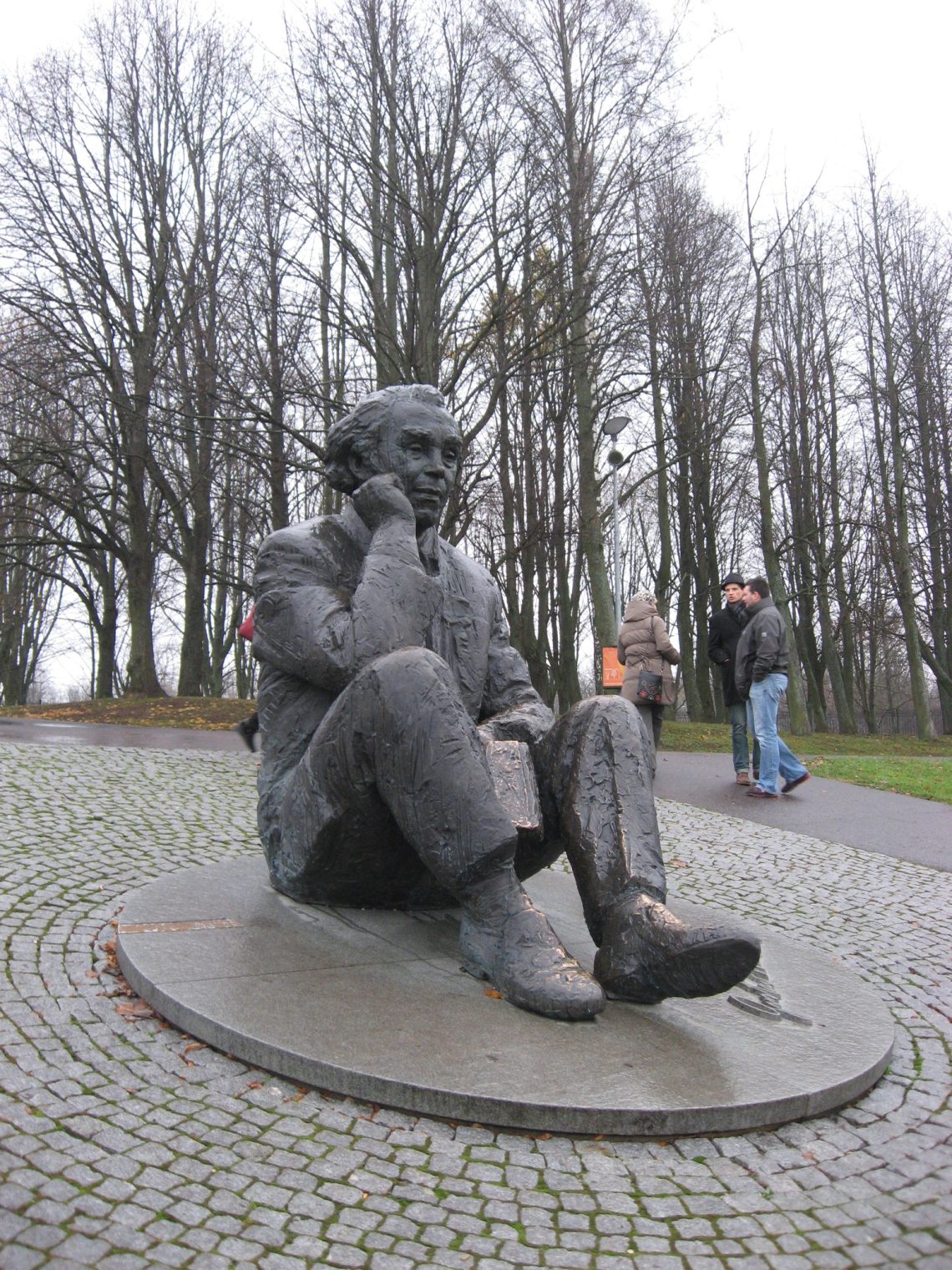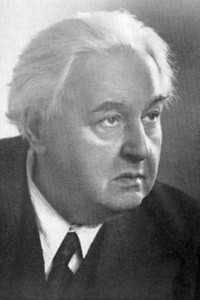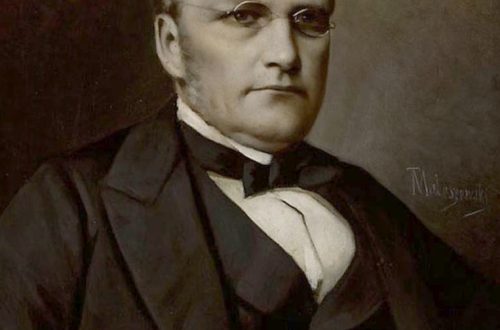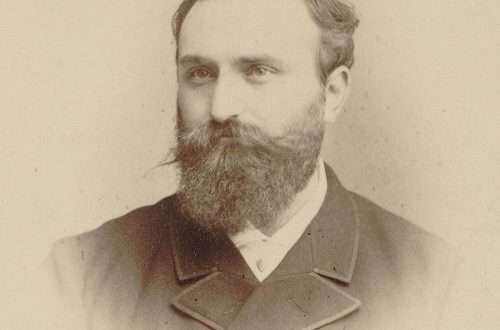
Gustav Gustavovich Ernesaks |
Contents
Gustav Ernesaks
Born in 1908 in the village of Perila (Estonia) in the family of a trade employee. He studied music at the Tallinn Conservatory, graduating in 1931. Since then he has been a music teacher, a prominent Estonian choir conductor and composer. Far beyond the borders of the Estonian SSR, the choir group created and directed by Ernesaks, the Estonian State Men’s Choir, enjoyed fame and recognition.
Ernesaks is the author of the opera Pühajärv, staged in 1947 on the stage of the Estonia Theater, and the opera Shore of Storms (1949) awarded the Stalin Prize.
Ernesaks’ main area of creativity is choral genres. Composer of the music for the National Anthem of the Estonian SSR (approved in 1945).
Compositions:
operas – Sacred Lake (1946, Estonian opera and ballet tr.), Stormcoast (1949, ibid.), Hand in Hand (1955, ibid.; 2nd ed. – Singspiel Marie and Mikhel, 1965, tr. “Vanemuine”), Baptism of fire (1957, Estonian opera and ballet troupe), comedian. the opera Bridegrooms from Mulgimaa (1960, TV channel Vanemuine); for unaccompanied choir – cantatas Battle Horn (words from the Estonian epic “Kalevipoeg”, 1943), Sing, free people (lyrics by D. Vaarandi, 1948), From a thousand hearts (lyrics by P. Rummo, 1955); for choir with piano accompaniment – suite How fishermen live (lyrics by Yu. Smuul, 1953), poems Girl and Death (lyrics by M. Gorky, 1961), Lenin of a Thousand Years (lyrics by I. Becher, 1969); choral songs (St. 300), including My Fatherland is my love (lyrics by L. Koidula, 1943), New Year’s goat (folk words, 1952), Tartu White Nights (lyrics by E. Enno, 1970); solo and children’s songs; music for drama performances. t-ra, including “The Iron House” by E. Tammlaan, for films.





